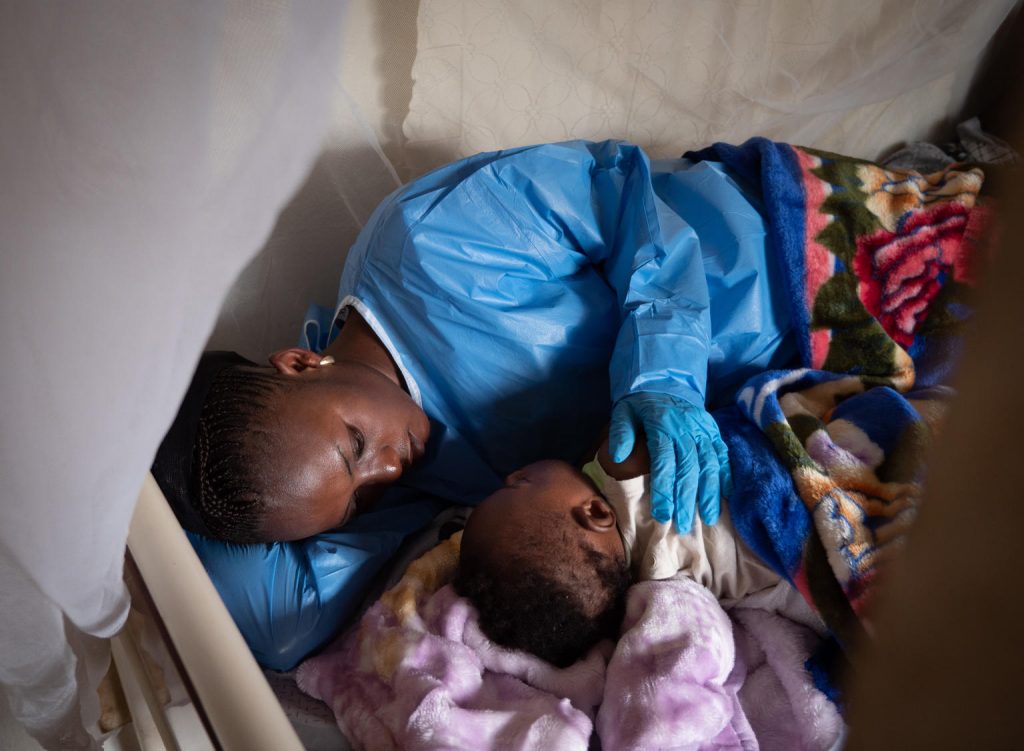This rapid compilation of data analyses provides a ‘stock-take’ of social science and behavioural data related to the on-going outbreak of Ebola in North Kivu, South Kivu and Ituri provinces. Based on data gathered and analysed by organisations working in the Ebola response and in the region more broadly, it explores convergences and divergences between datasets and, when possible, differences by geographic area, demographic group, time period and other relevant variables. Data sources are listed at the end of the document. This is the fourth data synthesis brief produced by the Social Science in Humanitarian Action Platform (SSHAP) and focuses on data published between June and August 2019.
It builds on the previous three data synthesis briefs, the first focusing on data from August-October 2018, the second on data from November 2018 to January 2019, and the third on data from February to May 2019. At the time of publication (as of 6 October 2019), 3,205 cases had been reported (3,091 confirmed and 114 probable) of which 2,142 died. The overall case fatality ratio was 67%, the same as the rate in the middle of June 2019.3,4. The majority of the 73 confirmed cases identified between 16 September and 6 October were from the health zones of Mambasa (30%; n=22) and Mandima (23%, n=17). This brief was prepared by Kevin Bardosh (University of Washington), Theresa Jones and Juliet Bedford (Anthrologica), with support from SSHAP and GOARN-R Social Science Group. Feedback was also provided by colleagues from UNICEF, WHO, IFRC, the US CDC, Harvard Humanitarian Initiative (HHI), Oxfam, Novetta, FHI 360, Search for Common Ground and Bethesda Counseling Center.



